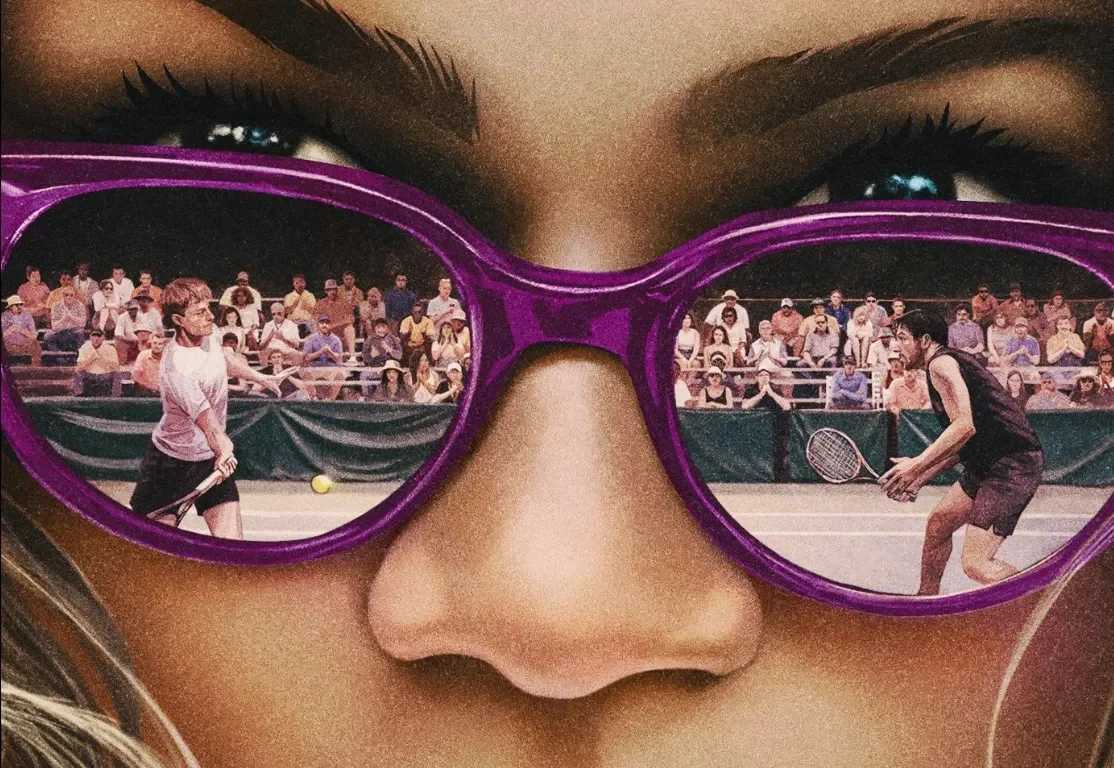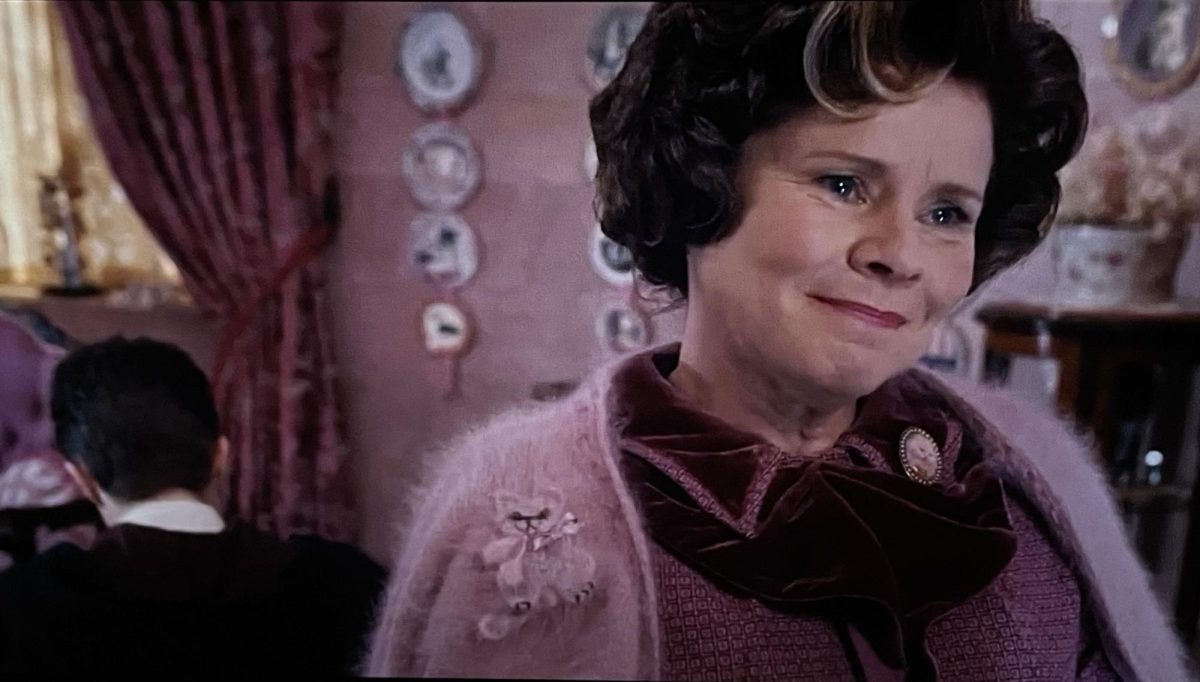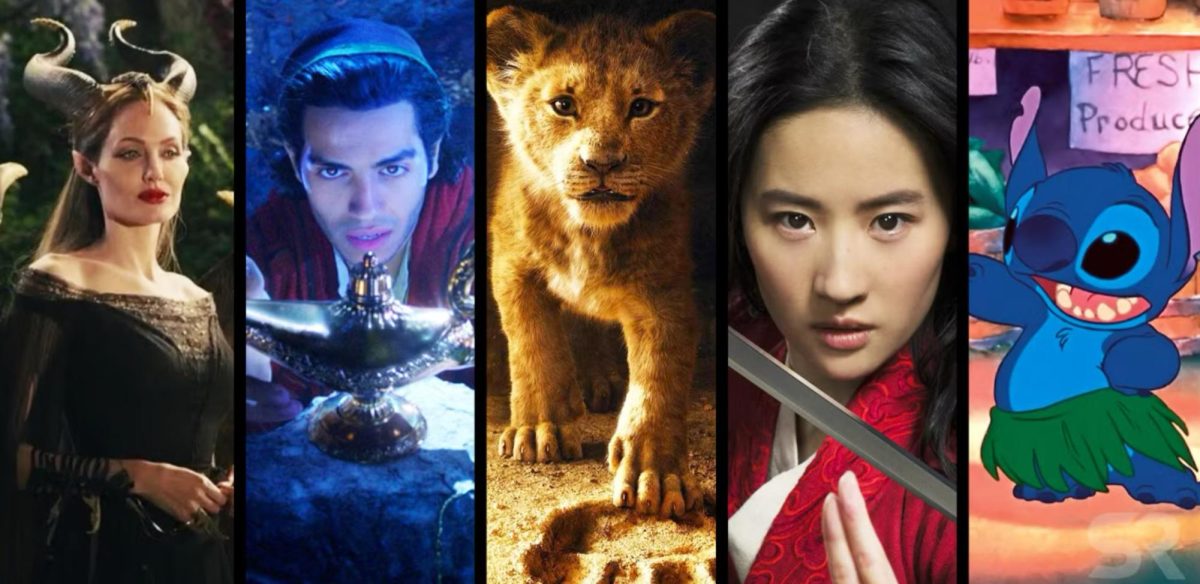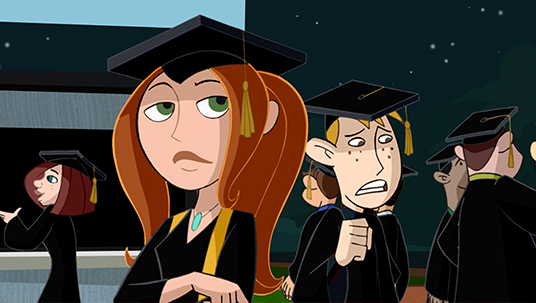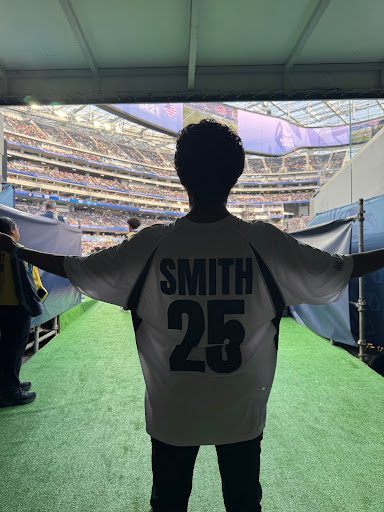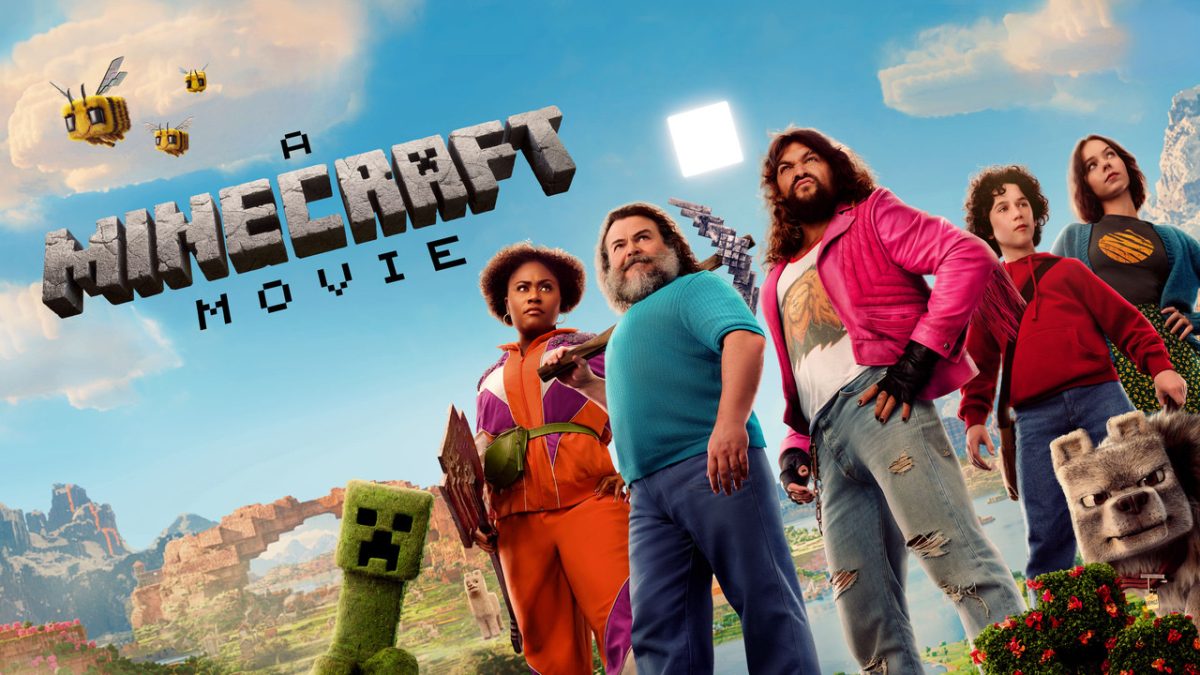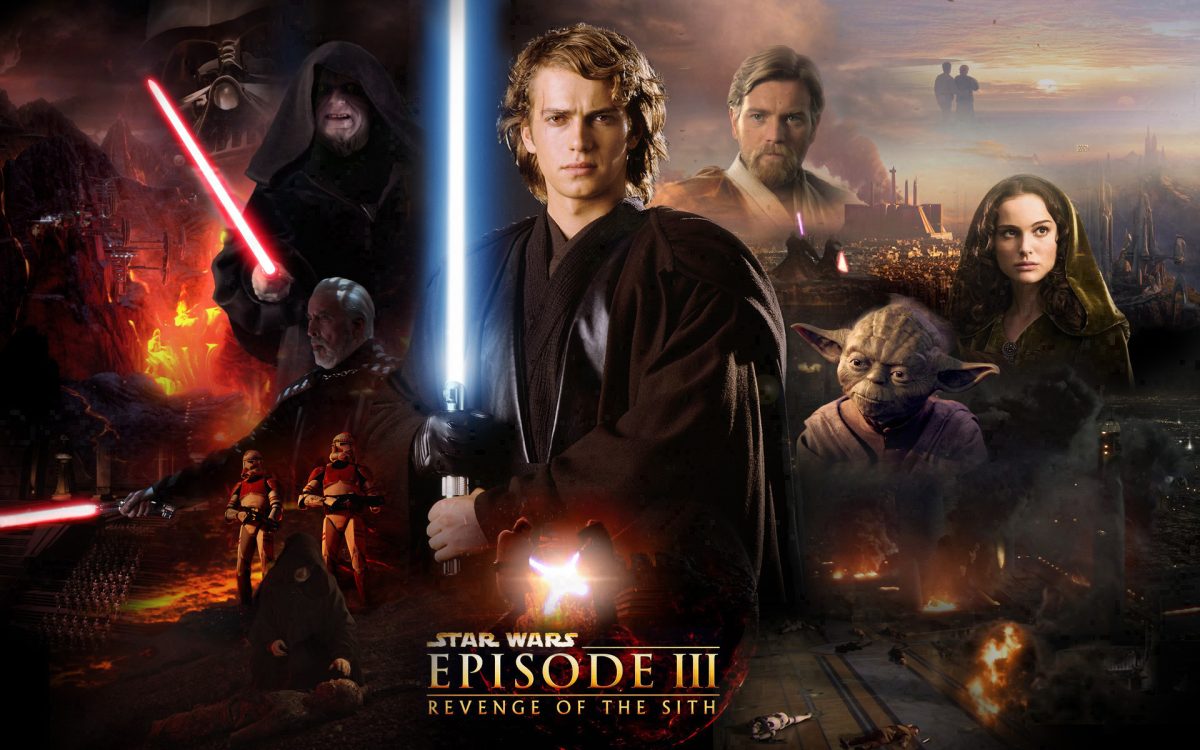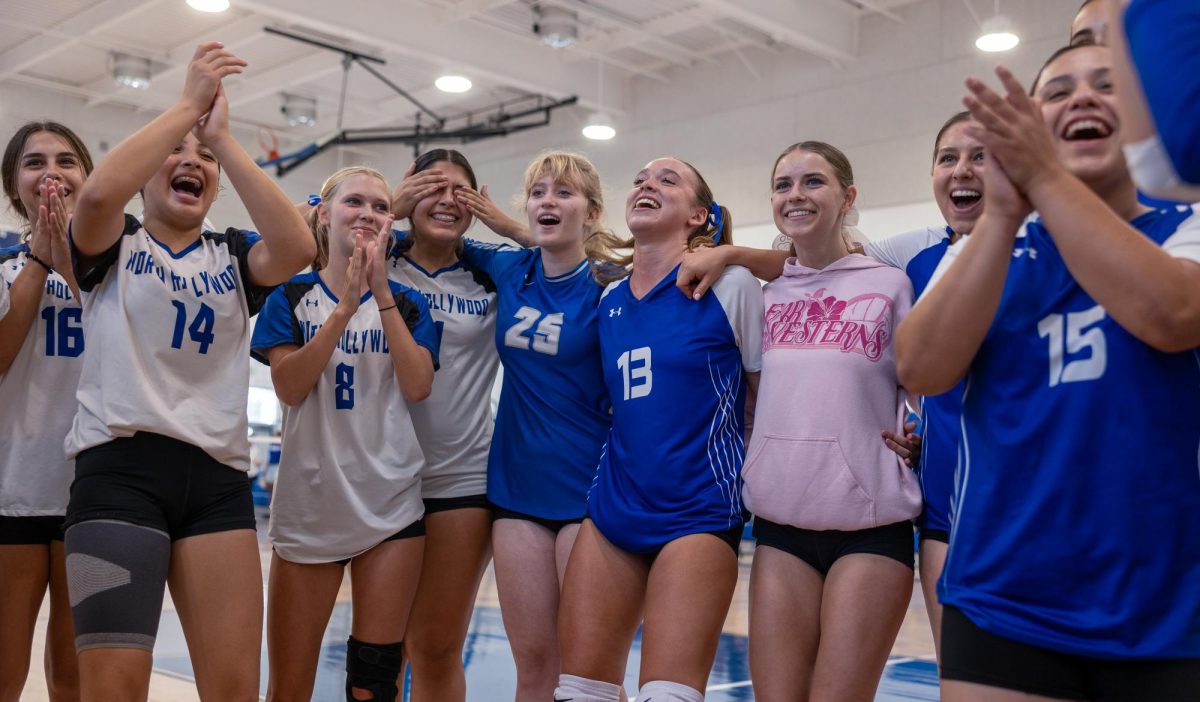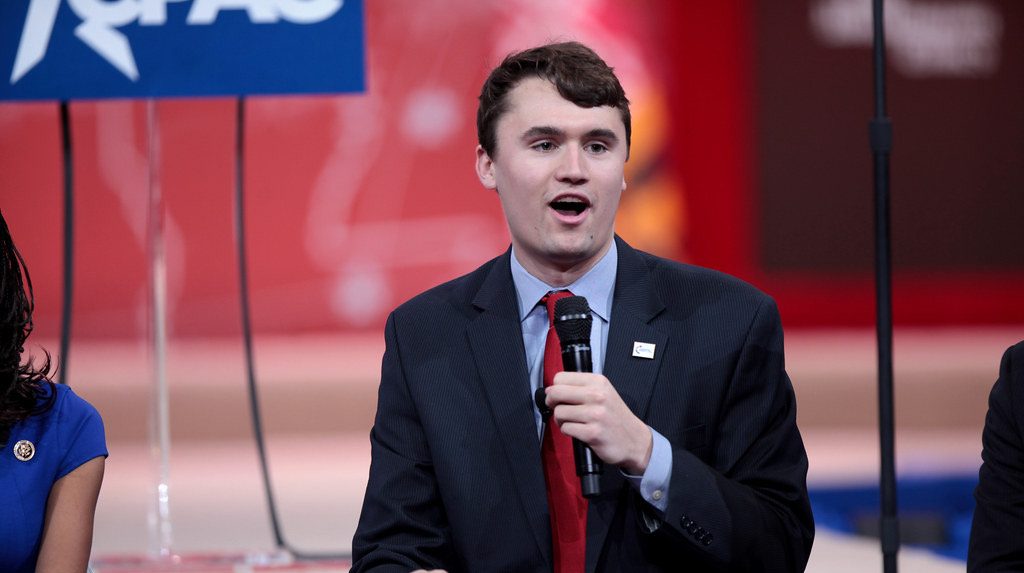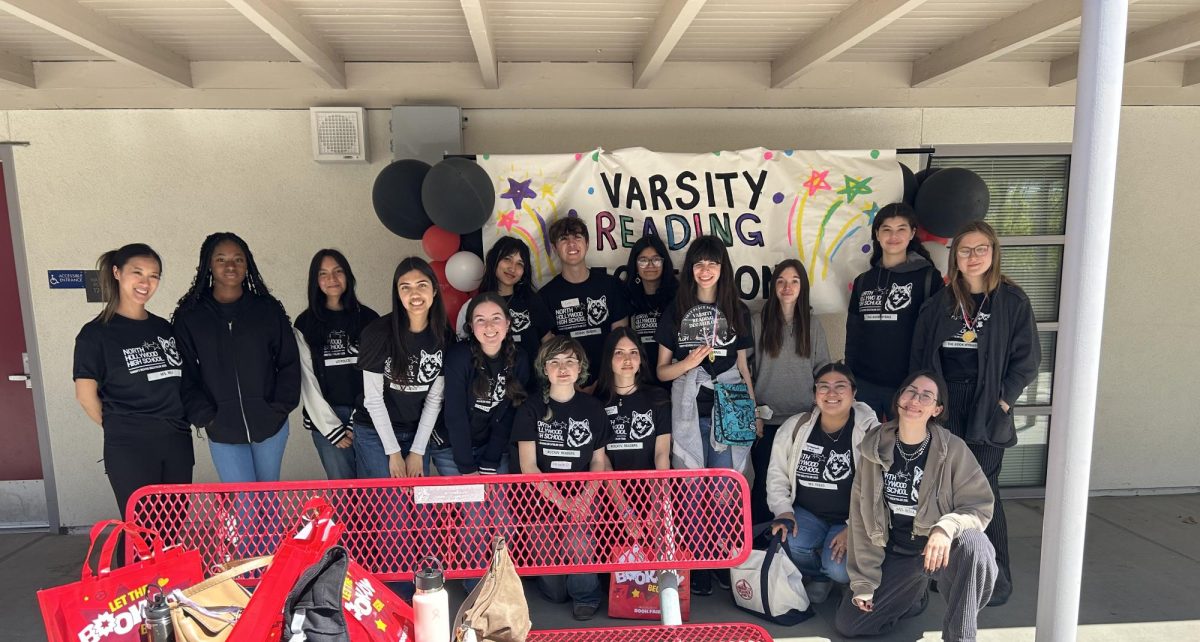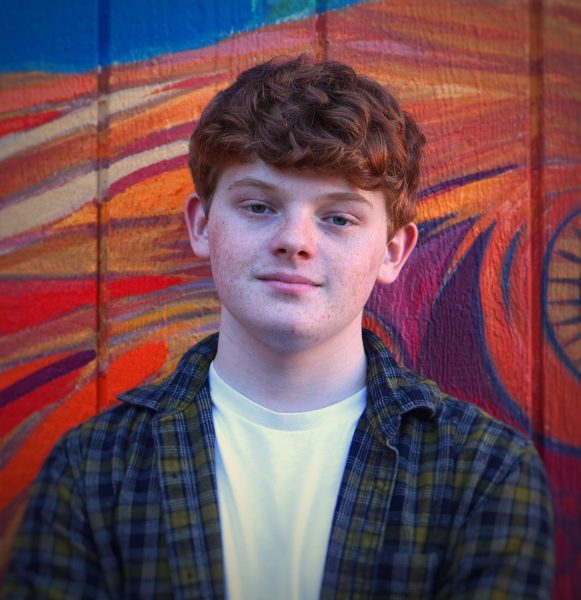Challengers opens with four striking images: a bird’s eye view of a silent pre-game tennis court, and three close-ups of the eyes of lead actors Josh O’Connor, Mike Faist, and Zendaya in tense anticipation. In a sense, the entire movie can be distilled into these stills; because at its core, Challengers is a sensual story of how friendship, intimacy, and love are the most competitive sports of all.
Director Luca Guadagnino is no stranger to romance. Fresh off of coming-of-age drama Call Me By Your Name and body horror Bones & All, he’s quickly established himself as one of the most innovative voices to tackle the romantic genre today. So when I heard that Challengers would mix his tried-and-true love story with the sports genre, I was intrigued. How can a climactic battle of tennis be romantic?
The film’s story follows tennis pro Art (Faist) and his player-turned-coach wife Tashi (Zendaya) as the former enters a “Challenger” tournament against his estranged best friend and Tashi’s ex-boyfriend Patrick (O’Connor). This tense match frames the overall narrative, with the lasting question of “Who will win?” driving the drama across the 131-minute runtime.
But the movie isn’t just about a single game of tennis. In fact, this “Challenger” match that begins the film isn’t the start of a sports saga, but the end of one. Intercutting the main action with an intricate series of out-of-order flashbacks, it quickly becomes clear what the film is really about: the intimate, years-long love triangle between the trio that has led up to that point.
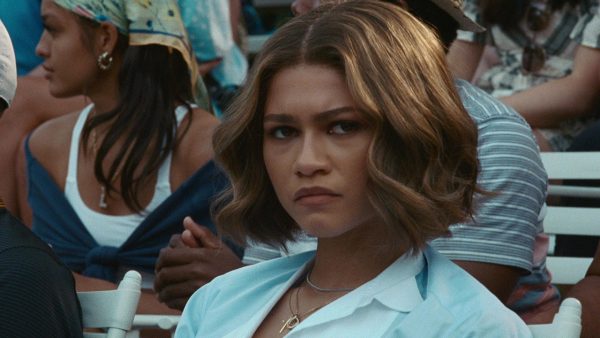
The chronological storyline begins 13 years before the climactic duel, on the night when junior US Open winners Art and Patrick first meet (and become instantly attracted to) Tashi. Over the following years of romantic ups and downs, the duo’s once-brotherly friendship deteriorates as they both compete for the woman they love. After years of estrangement, the present-day duel marks their final vie for Tashi’s win-or-lose affection.
This nonlinear storytelling is easily the most intriguing aspect of the movie. Kuritzkes’ clever writing ensures that every scene of the backstory answers one question while creating another; making the storyline an engaging portrait of each of the three’s complex personalities.
Of course, the characters’ complexity wouldn’t be possible without their stellar performances.
After her acclaimed roles in sci-fi epic Dune: Part Two and HBO hit Euphoria, Zendaya has established herself as a paragon of both celebrity popularity and acting prowess.
But Challengers marks her most intriguing role yet, as Tashi’s power in manipulating her two lovers’ emotions in the name of competition makes her an endlessly intriguing character that demands an interpretation from the audience. Is she a loving companion, or a conniving double-crosser? Everyone will have a slightly different answer, and that’s part of what makes the performance so great.
Meanwhile, Faist and O’Connor complement each other’s fierce devotion perfectly. While Art’s introspective role as Tashi’s disillusioned husband provides quiet subtlety, Patrick’s raw ambition paints him as an unpredictable “wild card.” These contrasting personalities make every battle between them dynamic – whether fought with words or rackets.
Throughout the whole endeavor of emotional betrayal and sportive ferocity, Guadagnino’s dynamic directorial vision stays unique. His groundbreaking use of camera techniques becomes especially evident during the final “Challenger” match, when under-the-court angles view the game from below and a brilliantly executed “Tennis Ball POV” shot darts back and forth over the net.
The film’s greatest scene, however, lies in the middle. Within the claustrophobic confines of a college dorm room, a single unbroken minutes-long take begins with the heat of Tashi and Patrick’s fervent relationship and ends with their swift breakup. Placing the viewer in the intimate midst of their struggle, Guadagnino brings profound sincerity to a film otherwise full of misdirection and betrayal.
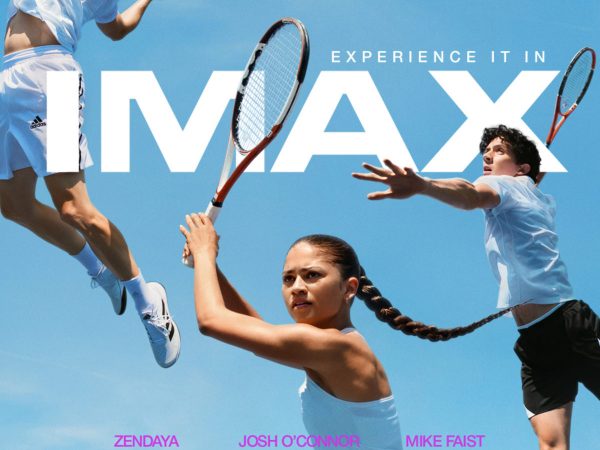
Put together, the film manages to tell the tragic and manic story with a compelling rhythm that alters the nature of romance we’re used to seeing in movies. By posing conflicting outlooks on the idea of competitive love, the film allows the audience to empathize with different characters for different reasons.
It’s not without its flaws, of course. While much of its runtime focuses on Tashi’s relationship with Art and Patrick, we rarely get an up-close view of how she became the aggressive competitor we see her as throughout the film. While part of what makes her interesting is her mysterious origins, I wish the film would have pried deeper into what makes her the way she is.
The ending, also, ends on an awkward footing.
Ultimately, the film allows for a varied interpretation that creates a dynamic volley of a viewing experience.
Rating: 8/10

